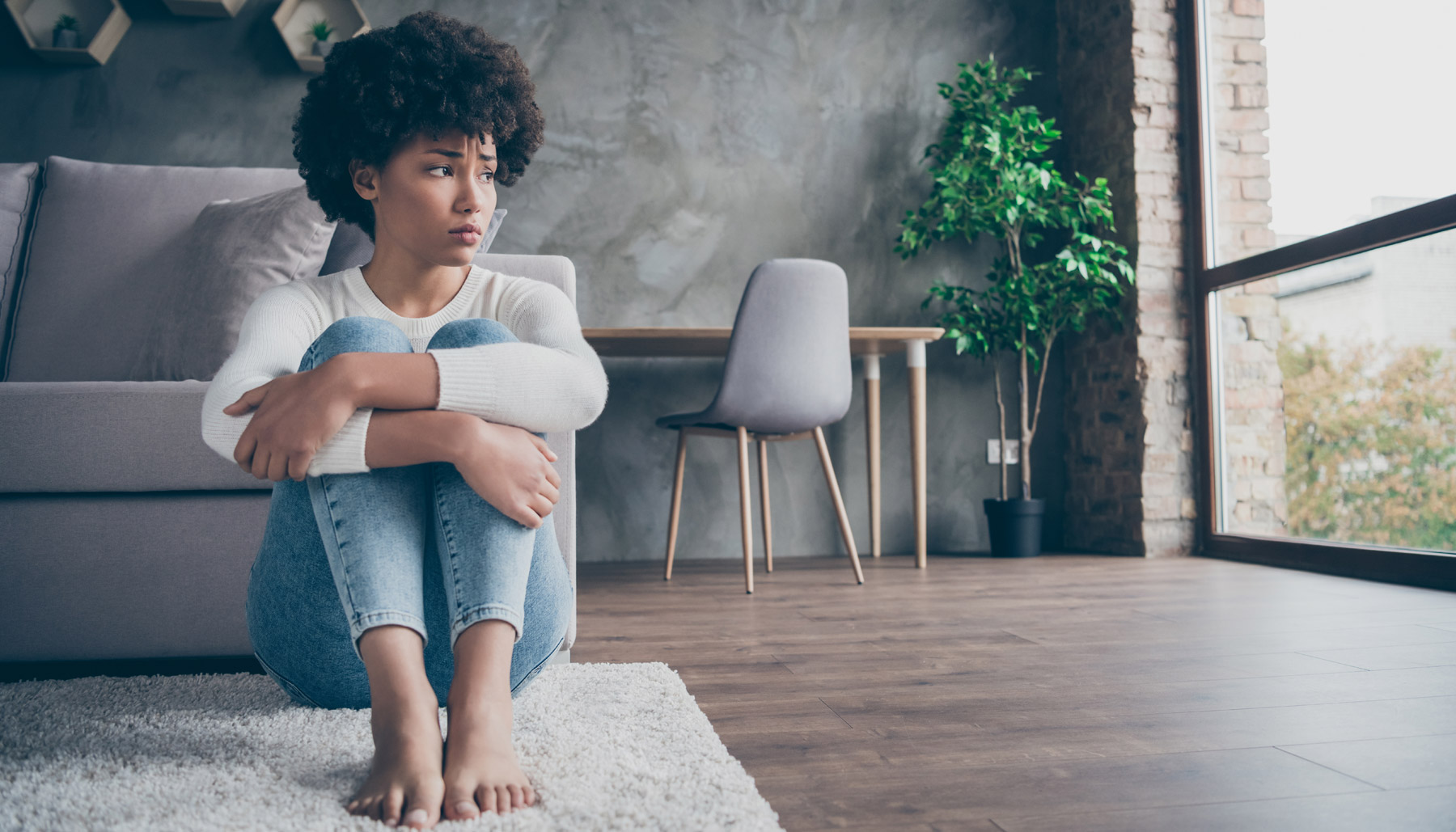Do you remember hugging your friends? Shaking hands with a stranger? Kissing your grandmother on the cheek?
It’s been nine months since the pandemic drastically altered our day to day lives. That’s most of a year. And some things that used to be “normal” are a little hard to remember. One of the biggest being casual touch.
I’ve noticed that I even have reactions when I see people touch on a movie or TV show that pre-dates COVID-19. Like if two characters high five, a little part of me winces and thinks, “Yikes, that wasn’t a good idea.”
And even though there’s promising news about a vaccine coming out (hopefully) soon, these new social behaviors may not revert back to what they used to be.
“I think we might be afraid for a while and that’s okay,” says Paul Zak, a professor of economics, psychology, and management at Claremont Graduate University. “Everyone’s not going to return to baseline at the same rate and some people maybe never will and that’s also okay. Everybody should be open to people being a little more socially distant and not touching as much. Some of it will return and some of it won’t.”
But here’s the thing. We might not be so casual with it anymore, but human beings need touch. And going without it for long periods of time can have serious physiological effects on us.
It Can Make Us Feel Depressed
Hugging a friend or holding hands with a loved one does more than signal that we care about them. Those acts actually release chemicals in our brains that make us happier. So when we’re deprived of that touch for too long, we can start to feel down in the dumps.
“When we’re touched [in a positive way], a cascade of events happens in the brain and one of the important ones is the release of a neurochemical called oxytocin,” says Zak. “That’s super valuable in a time of pandemic.”
It Can Increase Our Stress Levels
Physical touch also calms us down, which in turn stabilizes other functions in our bodies, like sleep, digestion, and immune response. Something we definitely need more of during a health crisis.
“Big parts of our brains are devoted to making sense of touch and our skin has billions of cells that process information about it,” says Dacher Keltner, a professor of psychology at the University of California, Berkeley.
“The right type of friendly touch—like hugging your partner or linking arms with a dear friend—calms your stress response down. [Positive] touch activates a big bundle of nerves in your body that improves your immune system, regulates digestion and helps you sleep well. It also activates parts of your brain that help you empathize.”
Here’s How You Can Cope
So when that casual touch that our bodies so desperately crave is unavailable, what are we supposed to do?
“In-person interactions have a big effect on the brain releasing oxytocin, but interacting via video is actually not that [different],” Zak explains. “It’s maybe 80% as effective. Video conferencing is a great way to see and be seen.”
But just looking at each other isn’t going to cut it. You’ll need to make an effort to really connect with the other person.
“You can facilitate that oxytocin release and reduction of anxiety if you make an effort to connect to the person you’re talking to,” he says. “Taking the time just to ask them how they’re feeling is a pretty effective way to build an emotional connection.”
You can also get creative in how you connect to others, like through doing yoga, singing together, or even having impromptu dance parties.
“Human cultures have been working on bodily ways to cultivate the benefits of touch for thousands of years,” Keltner says. “Dance is about a lot of the same things [as touch]—I’m connecting to you, we’re moving in the same ways—but you can do it without actually touching each other.”
Dancing is the new hugging, y’all. You heard it here first.













